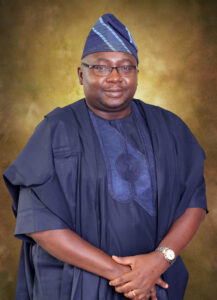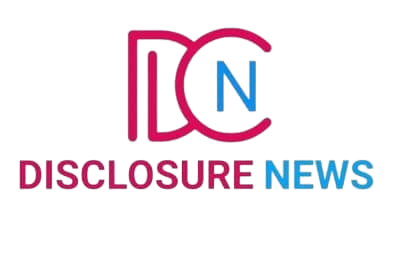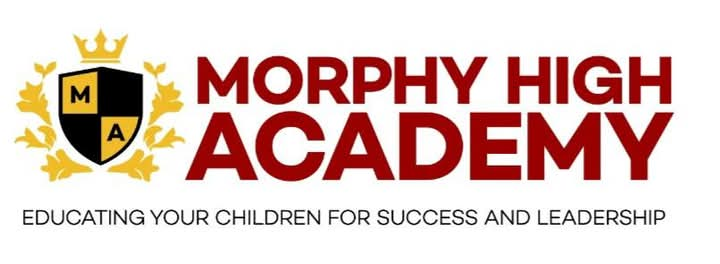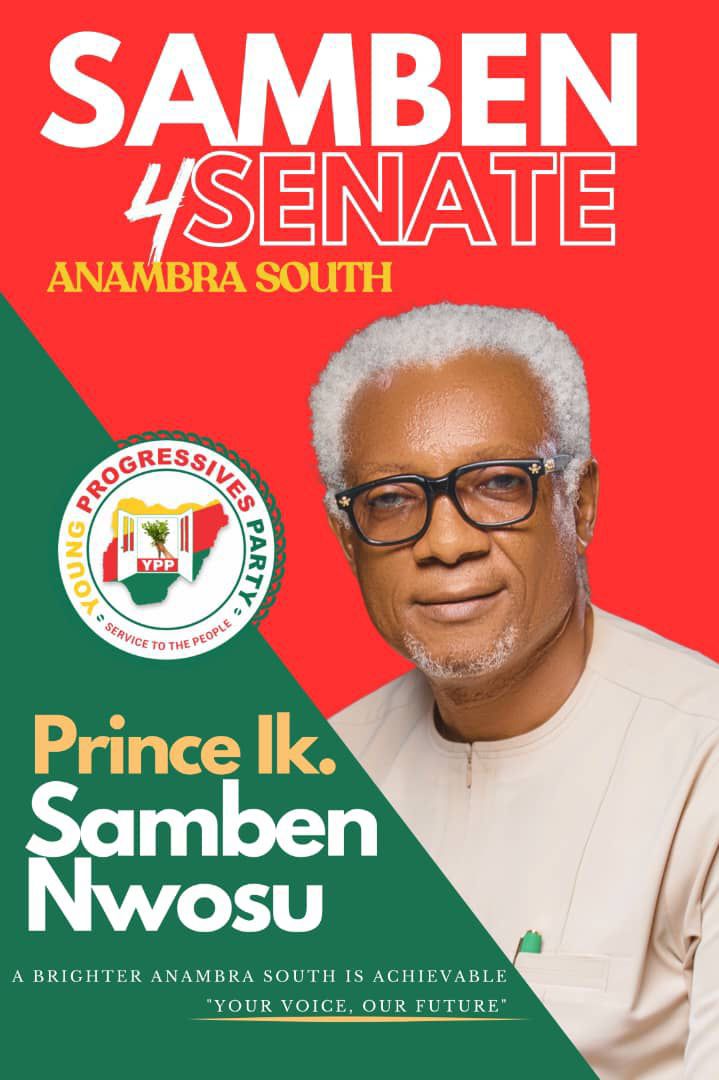
The Federal Government has indicated that electricity tariffs will be increased in the coming months as part of efforts to attract private investment into the power sector.
The government, however, said that the planned increase needed to be balanced by subsidies for less-affluent electricity users.
Bloomberg quoted the Special Adviser to President Bola Tinubu on Energy, Olu Verheijen, as giving this hint at the Africa Heads of State Energy Summit in Dar es Salaam, Tanzania, where Nigeria presented a $32 billion plan to expand electricity connections by 2030.
Verheijen emphasized the need for a “cost-efficient but cost-reflective tariff” model that ensures the sector generates sufficient revenue while safeguarding low-income consumers.
“One of the key challenges we’re looking to resolve over the next few months is transitioning to a cost-efficient but cost-reflective tariff,” she said. “So the sector generates revenue required to attract private capital, while also protecting the poor and vulnerable.”
The move follows last year’s approval of a threefold increase in tariffs for Band A customers. It also comes amid growing pressure from Nigeria’s financially strained electricity distribution companies, which have been pushing for a tariff structure that better reflects the true cost of power supply.





